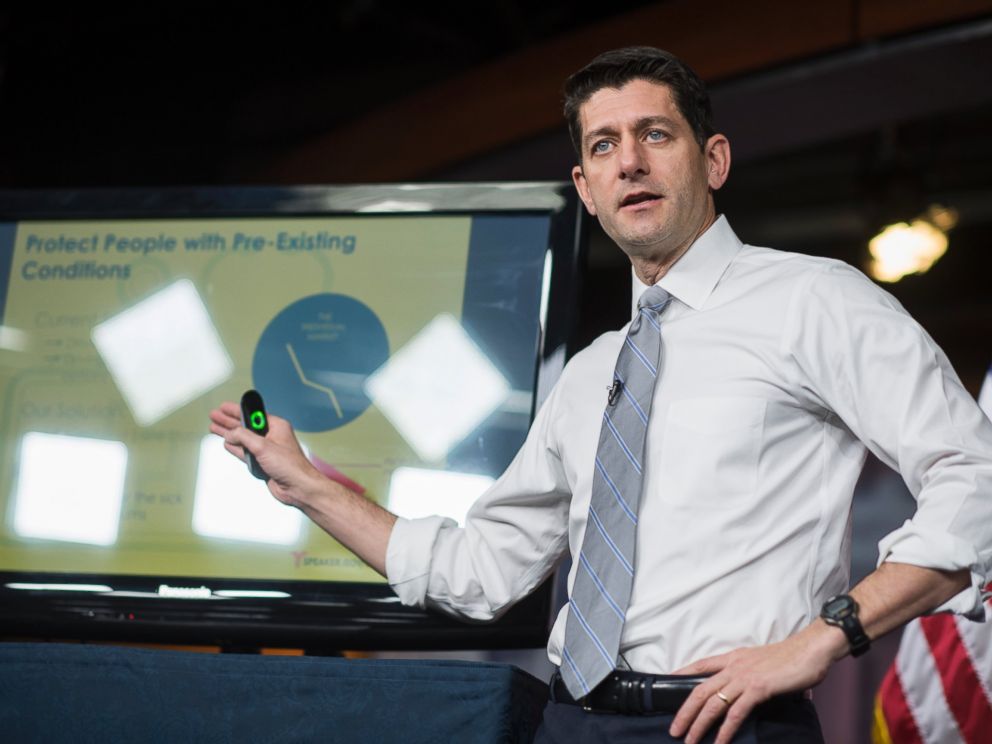WASHINGTON- One big reason Senate Republicans are having trouble uniting around a plan to overhaul the nation’s health coverage is that a lot of them just don’t get along.
These intra-party clashes of personality and policy stymie the bill’s progress as much as any other political force. Sure, lawmakers are reluctant to side with President Donald Trump, particularly in traditional swing states such as Ohio or Wisconsin. And waiting in the House are conservatives who are wary of the latest Senate plan, crafted to win over centrists.
But what’s hurting the Senate’s effort to come together are the personal relationships. Or lack of them.
Sen. Pat Roberts, who was involved in drafting both versions of the Senate health care bill, said he hasn’t spoken to his fellow Republican senator from Kansas, Jerry Moran, about why Moran hasn’t gotten on board yet.
Moran’s vote is crucial, since he’s regarded as one of six undecided Republicans. Two GOP senators, Maine’s Susan Collins and Kentucky’s Rand Paul, are opposed to the legislation unveiled Thursday, meaning one more defection dooms the bill. Republicans control 52 Senate seats.
It would make sense that Roberts, a veteran lawmaker and powerful agriculture committee chairman serving his fourth term, would try to persuade his younger colleagues.But he’s struggling with Moran. “No. Between you and me and the fence post, I’m trying to get a better word than no, but that’s where it is,” Roberts told the Kansas City Star. “Quite frankly, I think the best thing to do is to ask Jerry.”
Told that a reporter hadn’t been able to track Moran down on Capitol Hill, Roberts quipped, “Imagine that.”
This sort of cool relationship between a state’s senators is hardly unusual. Moran might be trying to come out of Roberts’ shadow by splitting with Roberts and GOP leadership on health care, said Wendy Schiller, a professor of political science at Brown University who wrote Partners and Rivals: Representation in U.S. Senate Delegations.
“This, to me, is Jerry Moran’s move,” she said. “He clearly wants to establish himself as an independent force in Kansas politics.”
If tension already exists between lawmakers, really tough votes are going to aggravate the situation, said Darrell West, vice president and director of governance studies at the Brookings Institution in Washington, a research group.
“They’re very high profile, there’s a lot of public press on various points of views on the issue, and it’s just going to make the whole situation much worse,” West said.
“You would think there would be more conversations taking place within the delegation,” he said, “but sometimes it doesn’t happen because the issue’s very hot.”
The math on health care is tough for the GOP, a fact that even Trump acknowledged in a conversation with reporters on Air Force One recently.
“It’s like this narrow road that about a quarter of an inch wide,” the president said of the difficulty of getting Republicans to agree. “You get a couple here and you say, great, and then you find out you just lost four over here. Health care is tough.”
That’s the challenge for Senate Majority Leader Mitch McConnell, R-Ky; Roberts wants to curb the rising costs of Medicaid, the joint federal-state program that helps pay health care for lower income consumers, and Moran doesn’t want Medicaid slashed too much.
Other states have similarly split delegations.
McConnell can’t convince his own home state Republican colleague, Sen. Rand Paul, to join him in supporting the bill. Paul says it doesn’t keep Republicans’ promise to repeal Obamacare because it keeps many of the law’s regulations and subsidies.
Paul, who has lashed out at McConnell for not negotiating with his office before releasing a draft of the health care bill, said the only way to get all 52 Republican senators to agree on health care is to split the bill in two: One that repeals Obamacare, and another involving all the regulations and funds to stabilize the market. McConnell isn’t likely to agree.
Sen. Orrin Hatch, R-Utah, heads the Senate Finance Committee, a major player in getting the legislation through the Senate. His junior colleague, Sen. Mike Lee, R-Utah, is considered an undecided. He wants to repeal Obamacare provisions that prevent insurance companies from charging more to cover people with pre-existing conditions.
Add to all this Republican governors weighing in, too, trying to strong arm their states’ senators to vote one way or another. On Friday, as Sen. Rob Portman, R-Ohio, wavered on whether to support the latest Senate bill, Gov. John Kasich, a Republican and close political ally, slammed it as “still unacceptable.”
“Here’s the problem: You’re not going a bill passed in Washington that Republican governors don’t like,,” said Sen. Lindsey Graham, R-S.C.
“We’ve got a really big mess,” acknowledged Sen. Ron Johnson, R-Wis. “We come from different states. Some expanded, some didn’t. There’s a host of reasons. There’s just nothing easy about this.”
(First reported by McClatchy DC Bureau)http://www.mcclatchydc.com/news/politics-government/congress/article161478558.html (July 17, 2017)
Want more BFT? Leave us a voicemail on our page or follow us on Twitter @BFT_Podcast and Facebook @BluntForceTruthPodcast. We want to hear from you! There’s no better place to get the #BluntForceTruth.








